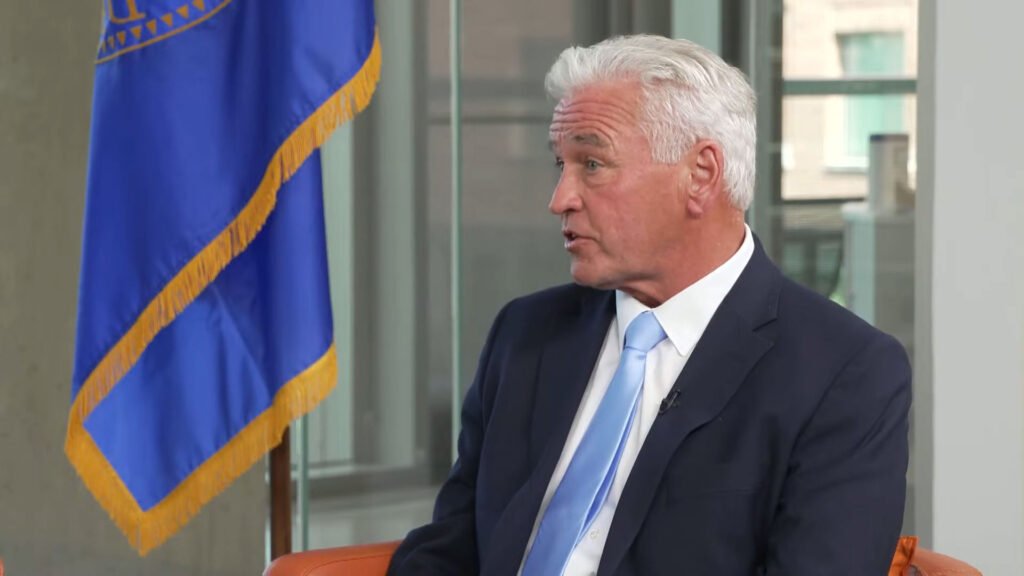The Food and Drug Administration (FDA) has been facing challenges in recent times, but top drug regulator George Tidmarsh is working hard to bring operations back to normal. In a town hall meeting with the Center for Drug Evaluation and Research (CDER) staff, Tidmarsh acknowledged the difficult situation and assured employees that he is committed to addressing their concerns.
During the meeting, FDA employees raised important questions about restoring funding for research fellows, allowing easier attendance at conferences, and the shift towards ad-hoc panels instead of traditional advisory committee meetings. The loss of experienced staff due to layoffs and attrition has had a significant impact on the agency’s ability to regulate drugs effectively.
Tidmarsh, who took on the role of CDER director in July, also temporarily leads the Center for Biologics Evaluation and Research. He emphasized his dedication to filling vacant positions within the agency and ensuring that there are no further reductions in force. Tidmarsh also mentioned that the White House has approved hybrid work arrangements for FDA employees.
One employee shared concerns about the strain on reviewers in the hepatology program following the loss of a computational biologist who tracked drug-induced liver injuries. Another employee, an immunologist, highlighted the challenges faced by his lab due to the loss of research fellows and a spending freeze on research supplies.
Tidmarsh and FDA Commissioner Marty Makary expressed their openness to staff input and suggestions, including ideas for Makary’s new priority review program. They also discussed the agency’s approach to expert meetings and advisory committees, with Tidmarsh exploring ways to streamline the process while emphasizing the importance of following scientific evidence.
While Tidmarsh reassured staff that he prioritizes science over politics, he acknowledged that political decisions could potentially override his decisions. Despite this, he remains committed to upholding scientific integrity within the FDA.
In conclusion, George Tidmarsh’s leadership at the FDA reflects a commitment to addressing challenges, prioritizing scientific evidence, and ensuring the agency’s operations return to normalcy. Staff input and collaboration will be crucial in navigating the evolving landscape of drug regulation.


